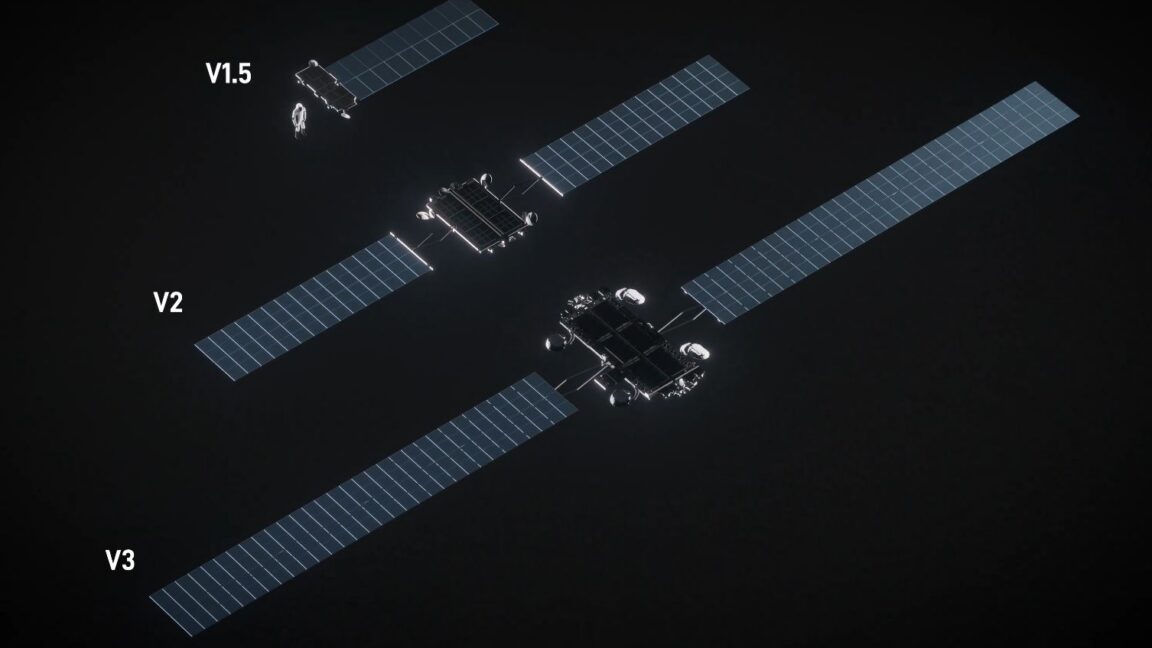
"The essential function of a data center is to store, process, and transmit data. Historically, satellites have already done a lot of this, Henry said. Telecommunications satellites specialize in transmitting data. Imaging satellites store a lot of data and then dump it when they pass over ground stations. In recent years, onboard computers have gotten more sophisticated at processing data. Data centers in space could represent the next evolution of that."
"SpaceX's current Starlink V2 mini satellites have a maximum downlink capacity of approximately 100 Gbps. The V3 satellite is expected to increase this capacity by a factor of 10, to 1 Tbps. This is not unprecedented in satellite capacity, but it certainly is at scale. For example, Viasat contracted with Boeing for the better part of a decade, spending hundreds of millions of dollars, to build Viasat-3, a geostationary satellite with a capacity of 1 Tbps."
Momentum from major tech companies could drive substantial investment in space infrastructure and enable new applications. Data centers in space would store, process, and transmit data closer to orbiting assets. Satellites already perform transmission and storage tasks, and onboard processing has become more sophisticated. Building data-center-scale capabilities in orbit would require very large satellites with extensive solar arrays for power. SpaceX's Starlink V3 aims to increase per-satellite downlink to roughly 1 Tbps, compared with about 100 Gbps for current V2 minis. Deploying dozens of V3 satellites per Starship launch could vastly outpace current industry capacity and accelerate on-orbit data services.
Read at Ars Technica
Unable to calculate read time
Collection
[
|
...
]